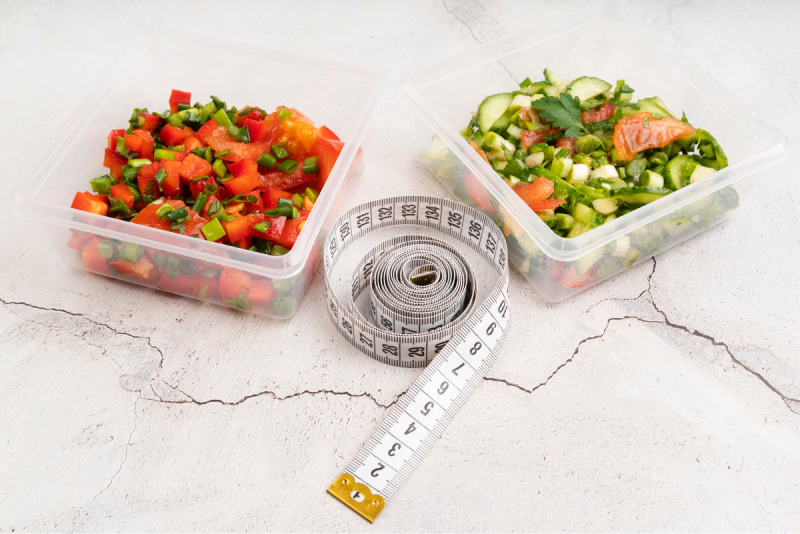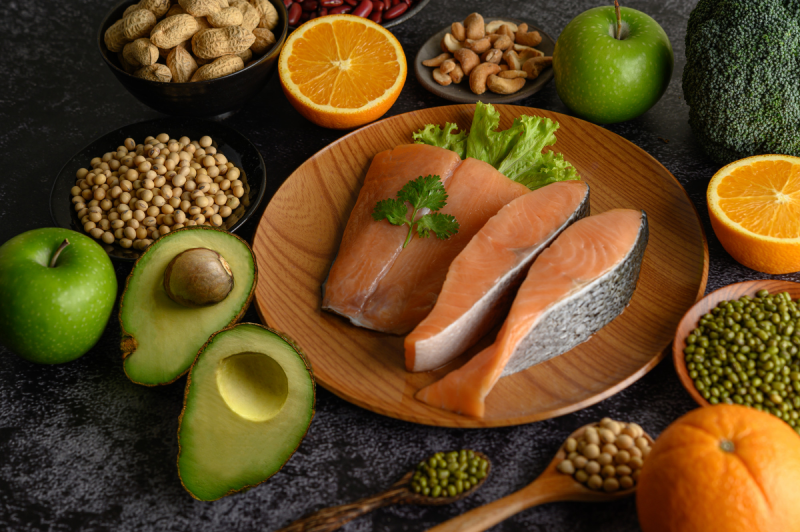There are different myths and misunderstood facts that circulate about weight-loss, health, fitness and food choice. Some of these are simply urban legends, while others may have been true at some point. Today, there is overwhelming scientific evidence that weight-loss has a direct connection to the quality and quantity of the food that we eat. While some may think or tell you that portion size doesn’t really matter if you’re eating healthily, we believe that portion control is important even though you are eating the healthiest of foods.
Let Portion Control Become Routine
Portion control can become a healthy routine to avoid diseases such as diabetes, high cholesterol, or cardiovascular disease. There are various techniques used to measure portion control. One is to compare food portion size to the size of object. One cup of yogurt is equal to the size of a baseball or 3 oz. of meat to a deck of cards.
A recent study has demonstrated that using smaller plates can help to reduce portions of foods. Researchers from the Cornell University found that people who ate from smaller plates believed that they were eating on average 18% more calories than they actually were. Thus, they recommended that instead of using restaurant-sized plates, a regular dinner plate should be no bigger than 10 inches.
Find the method of portion control that is best for you and let it become a good habit for nutritious eating!




